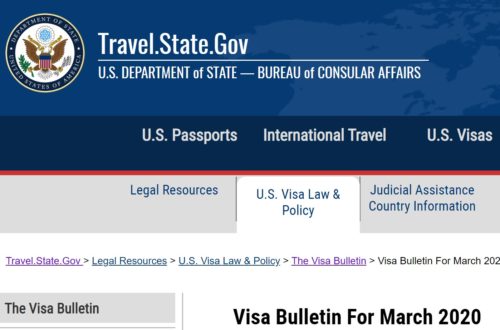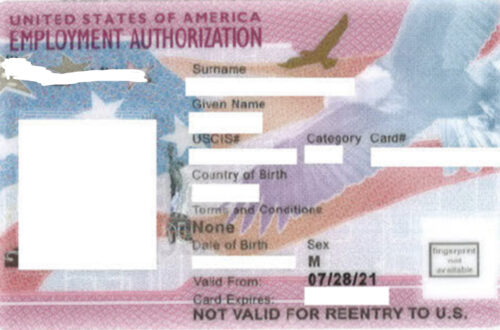
K-1 Fiancé(e) Visa and Protection Under the Violence Against Women Act (VAWA)
In this post, we will explore two special cases in family-based immigration: fiancé(e) visas and protection under the Violence Against Women Act (VAWA).
If you are a U.S. citizen and engaged to a foreign national, you can file a fiancé(e) petition, so your fiancé(e) can get a visa to come to the U.S., also known as the K-1 visa. This visa allows your fiancé(e) to enter the U.S., and you would have to get married within 90 days of your fiance(e) arriving in the U.S.
To apply for a K-1 visa, the U.S. citizen petitioner must first file a Form I-129F, Petition for Alien Fiancé(e), with the USCIS. Once the petition is approved, the case is forwarded to the U.S. embassy or consulate in the foreign fiancé(e)’s home country for further processing.
The fiancé(e) must do a medical examination, attend an interview, and provide additional documentation to demonstrate eligibility for the K-1 visa. If the visa is approved, the fiancé(e) can enter the United States, and the couple must marry within 90 days. After marriage, the foreign spouse can apply for adjustment of status to get a green card.
It’s important to note that a fiancé(e) can only get a green card through the marriage to the original petitioner. If the relationship does not work out and the fiancé(e) stays in the U.S., never files for the green card through the marriage to the original petitioning spouse, later marries a different U.S. citizen, and wants to get a green card through that second spouse while remaining in the U.S., it will not be possible.
However, an exception could apply where the spouse could file for a green card without the first spouse’s help, which would be under VAWA.
The Violence Against Women Act (VAWA) provides protection and immigration benefits for certain victims of domestic violence, including both women and men. If you are in an abusive relationship with a U.S. citizen or green card holder, you may be eligible for VAWA protection.
If you did get married, and your spouse ended up being abusive and refused to help you get your green card, you may be eligible to file a petition on your own to get a green card without your spouse’s help. Under VAWA, eligible individuals can self-petition for immigration benefits without the abuser’s knowledge or consent. To qualify, you must establish that you are or were married to a U.S. citizen or green card holder, have suffered abuse or extreme cruelty by the spouse, and have good moral character. If you end up getting divorced, you must file your VAWA petition within two years of the divorce, and you cannot remarry until your VAWA petition has been approved.
To initiate the VAWA self-petition process, you must file a Form I-360 with the USCIS. Along with the petition, you must provide supporting evidence to prove that it was a real relationship and that there was abuse.
If your VAWA self-petition is approved, you may be eligible to apply for a green card and eventually obtain U.S. citizenship.
Keep in mind that both fiancé(e) visas and VAWA self-petitions require careful attention to documentation and meeting specific eligibility requirements. If you’d like to schedule a consultation with me to discuss your case, you can do so here.




